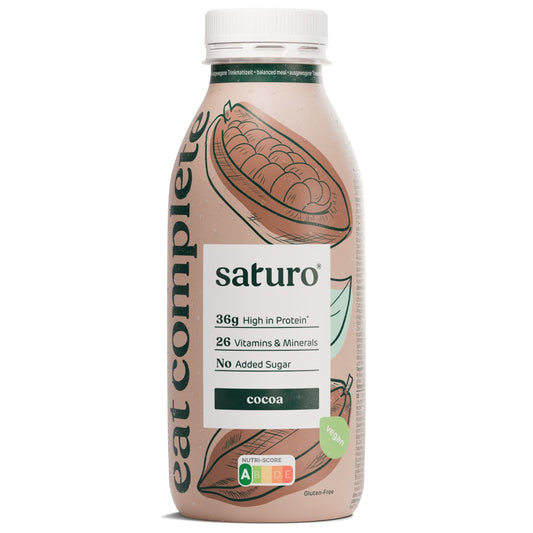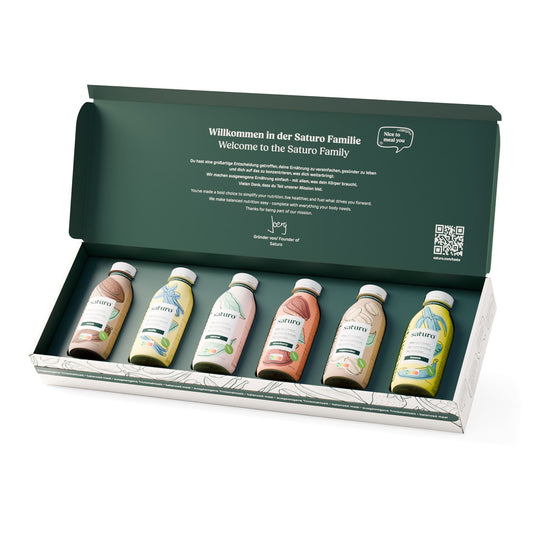Contents
1
What is biotin deficiency and how much biotin do you need every day?
2
Biotin effect
Biotin intake weight gain
3
Biotin overdose
4
Biotin deficiency symptoms
5
Causes of biotin deficiency
6
Biotin in food
Vegan biotine sources
Animal biotine sources
Drinking meals against biotin deficiency
Vegan biotine sources
| Vegan biotine sources | Biotin content per 100 g |
|---|---|
| 1. Flax seeds | 1.8 μg |
| 2. Sunflower seeds | 1.6 μg |
| 3. Peanuts | 1.4 μg |
| 4. Almonds | 1.3 μg |
| 5. Cashwnuts | 1.2 μg |
| 6. Hazelnuts | 1.1 μg |
| 7. Pistachios | 1.0 μg |
| 8. Walnuts | 0.9 μg |
| 9. Chickpeas | 0.8 μg |
| 10. Spinat | 0.7 μg |
Animal biotine sources
| Animal biotine sources | Biotin content per 100 g |
|---|---|
| 1. Cattle liver (fried) | 10.3 μg |
| 2. Pig liver (fried) | 8.5 μg |
| 3. Chicken liver (fried) | 7.8 μg |
| 4. Egg yolk (raw) | 5.4 μg |
| 5. Full milk | 4.5 μg |
| 6. Emmentaler | 4.2 μg |
| 7. Gouda | 3.9 μg |
| 8. Beef (cooked) | 3.5 μg |
| 9. Chicken meat (cooked) | 3.3 μg |
| 10. Salmon (cooked) | 3.2 μg |





